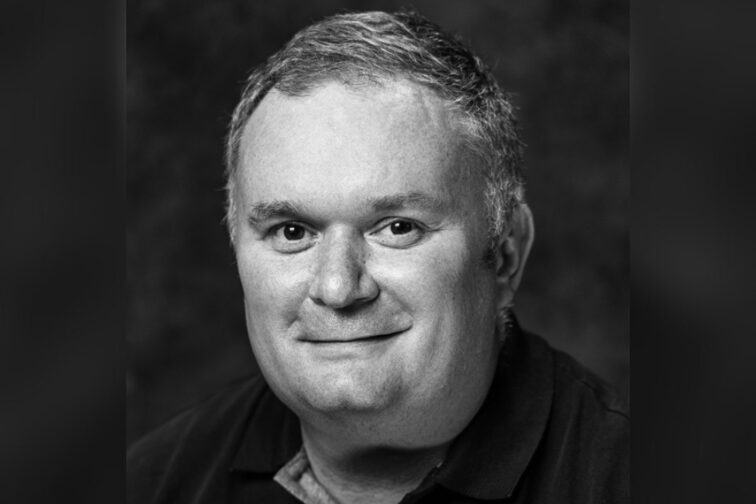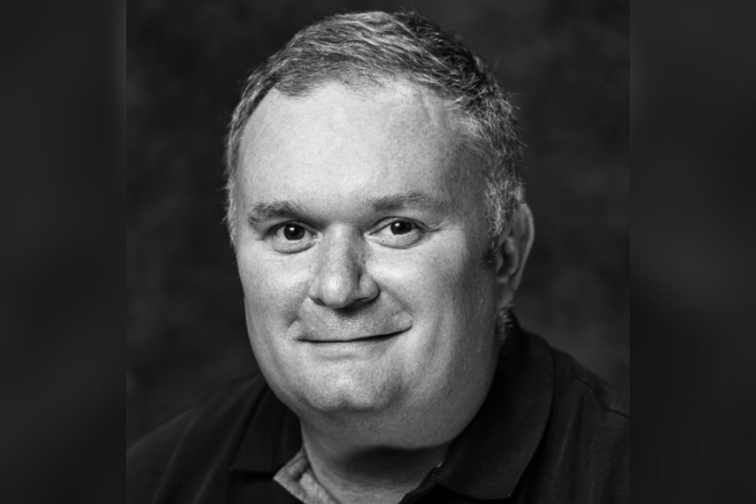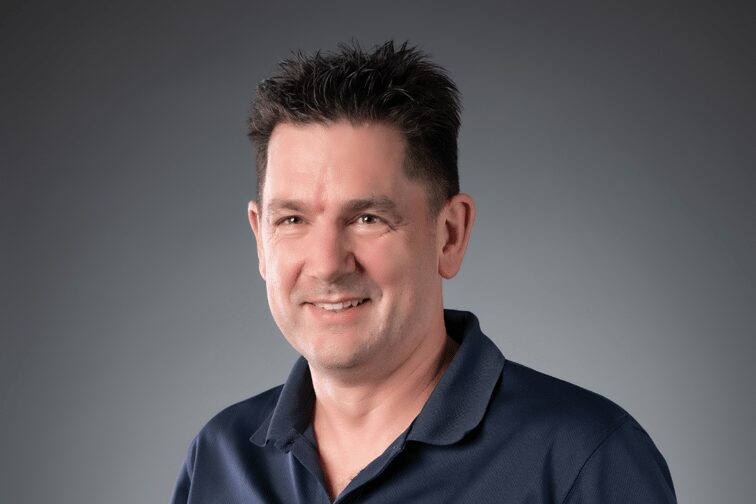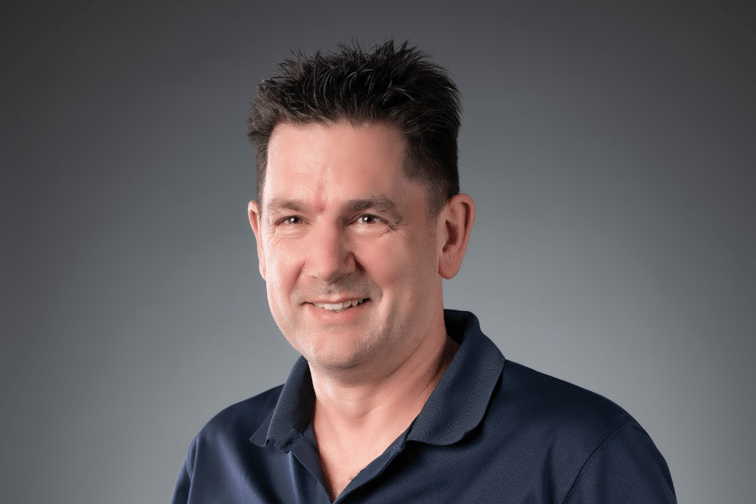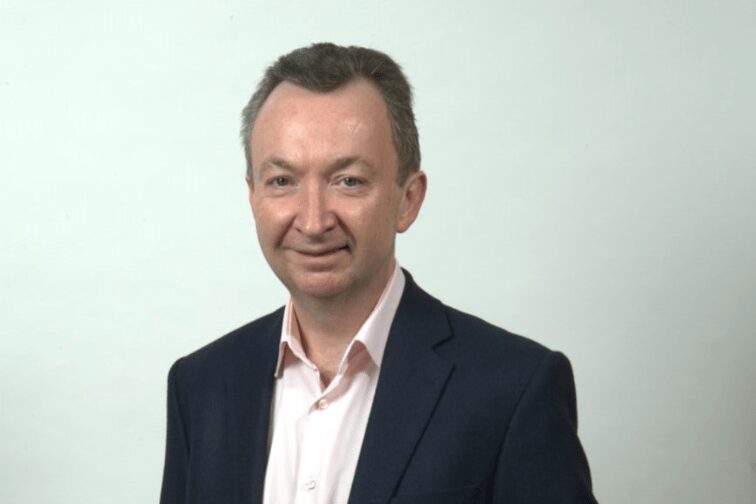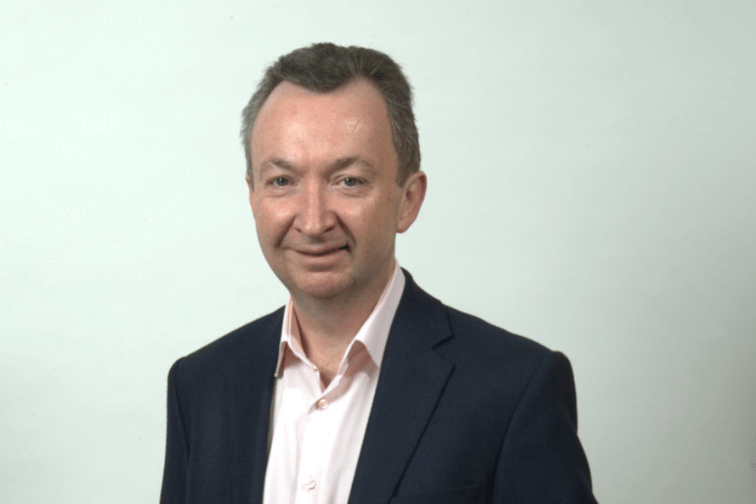
Despite the gains, rebound was somewhat offset by capital distributions

The global reinsurance industry witnessed a substantial recovery from previous capital losses in 2023, as reported in a new commentary by AM Best. This recovery was attributed to strong technical results, unrealized capital gains, and increased reinvestment rates.
Investment losses which were experienced in 2022 saw a partial reversal in 2023, complemented by higher fixed-income reinvestment rates, leading to robust overall investment income for the industry. Despite these gains, the recovery was somewhat offset by capital distributions by market participants.
Last year, AM Best forecasted a 12.2% year-over-year increase in traditional reinsurance capital, amounting to US$461 billion. However, following the conclusion of the North American hurricane season, reinsurers were on track to nearly double that increase. The balance between available and deployed capital continues to be a significant factor.
Some reinsurers are also still determining their capital strategies, while others, like Berkshire Hathaway’s National Indemnity, opted for substantial special dividends, notably a US$83 billion payout in the third quarter of 2023.
Dan Hofmeister, associate director at AM Best, noted that reinsurers, with improved operating results and high discount rates, face decisions on capital release or investment in the hard market.
“Regardless, our original projected increase of 12.2% in traditional reinsurance capital still appears adequate, albeit with some potential variation if reinsurers avoid deploying the new capital generated in 2023,” Hofmeister said.
Third-party reinsurance capital is also expected to see a moderate 4% increase for 2023, supported by record issuances of catastrophe bonds. The total reinsurance capital for 2023 is anticipated to reach US$561 billion, just under 2% shy of the 2021 high of US$570 billion. The January 2024 renewals are expected to be more orderly, but no indications suggest a softening of market conditions.
Carlos Wong-Fupuy, senior director at AM Best, commented on the potential impact of new reinsurers entering the market, noting that despite several high-profile management teams announcing plans to launch new reinsurers, no substantial business plans have been funded to date.
“Even if funding is ultimately achieved, it would dwarf the retained earnings growth among established players in 2023 and would thus be unlikely to soften the market,” Wong-Fupuy said.
What are your thoughts on this story? Please feel free to share your comments below.
Keep up with the latest news and events
Join our mailing list, it’s free!

This page requires JavaScript







